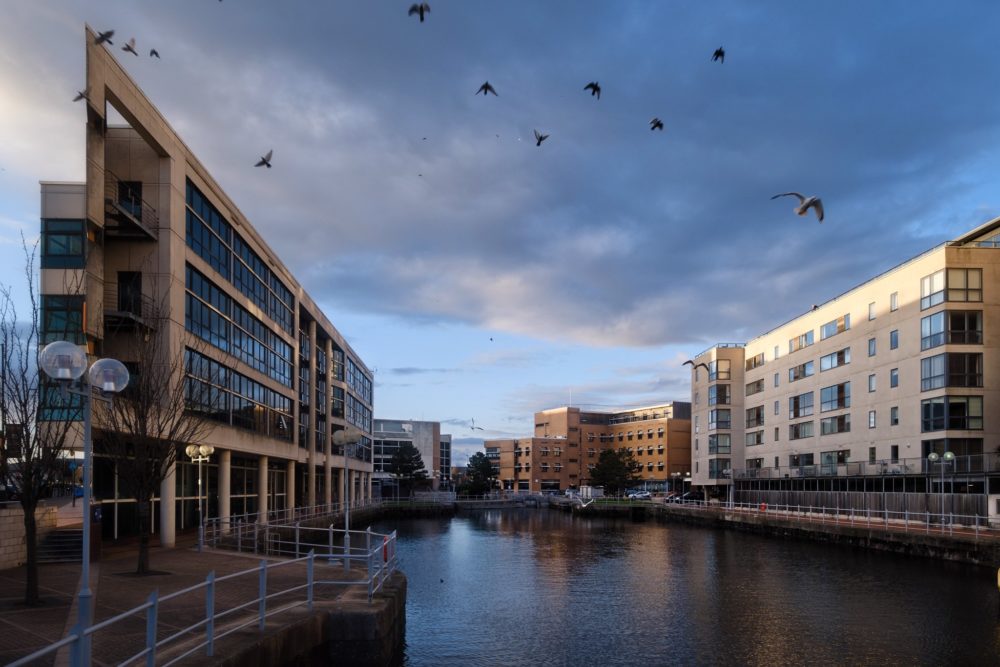Welsh Government to support law protecting leaseholders

Chris Haines ICNN Reporter
The Welsh Government is to support a new law which will give greater protections to homeowners caught up in the “fleecehold” scandal.
Hefin David, a Labour backbencher, questioned the first minister about his position on the UK Government’s Leasehold and Freehold Reform bill.
The bill would make it easier and cheaper for leaseholders to buy their freehold as well as provide greater transparency around service charges. It would remove barriers for leaseholders to challenge unreasonable charges at tribunal.
Leasehold accounts for about 16% of all homes in Wales, according to research, which equates to about 235,000 properties.
Dr David said the bill would also introduce protections for freeholders who are subject to management charges, such as on the Cwm Calon estate in his Caerphilly constituency.
‘Deficit’
He told the Senedd that homeowners subject to the charges have little legal protection, saying: “The bill will address that deficit by requiring transparency in the levying of charges, and by introducing a right for freeholders to challenge their reasonableness by tribunal.”
Dr David urged the Welsh Government to go further by establishing compulsory resident liaison committees to hold management companies to account.
Pointing to a petitions committee inquiry on housing estate charges, he also called for a duty on councils to ensure estate management charges are a last resort.
Mark Drakeford agreed that the bill is a significant advance – not only for leaseholders, but also for the rights of freeholders.
Prof Drakeford said the bill would ensure that estate charges reflect relevant costs, with an 18-month time limit for charges to be levied. He told the chamber that management companies would need to produce an annual report, demonstrating what they have done to improve conditions for freeholders. “Those and other measures are a genuine advance,” he said.
Prof Drakeford told MSs that he discussed the reforms with Michael Gove, the UK minister responsible, at a British-Irish council meeting a few weeks ago.
Janet Finch-Saunders welcomed the first minister’s support for the bill. The Conservative MS said some homeowners in her Aberconwy constituency bought their properties wrongly thinking they owned the freehold.
She told MSs: “They only found out three years later, when they were asked for £3,000 to buy the freehold of their property.”
Devolution
During first minister’s questions on Tuesday December 5, Mark Drakeford pointed out that while housing powers are devolved, property law is reserved to Westminster.
Raising border issues, Prof Drakeford said the bill would create a system that is simpler, easier and cheaper for people to use.
He told the Senedd: “The Welsh Government was involved from the beginning because, of course, this is a set of reforms that was led by the Law Commission. It’s their report that has led to the legislation as it has now been published.”
“We will continue to engage with counterparts at Westminster and Whitehall because the bill as initially published is not the final bill – and the UK Government was clear about that.”
“There are amendments they will lay, and we will want to be closely engaged in discussions.”
The first minister said a legislative consent memorandum (LCM) will be introduced in the Senedd, recommending that members support the proposed law.
Support our Nation today
For the price of a cup of coffee a month you can help us create an independent, not-for-profit, national news service for the people of Wales, by the people of Wales.








Is it Mark Drakeford, Professor Drakeford, or The First Minister. Come on reporter Chris Haines, not all three in the same article.
Welsh Co-operators have been urging Welsh Government and the next Labour Government to: (a) replace Leasehold with a Commonhold system based on co-operative principles; (b) implement the Law Commission’s recommendations to reform Leasehold by increasing the rights of leaseholders to collectively buy and/manage their property; (c) legislate to make a co-operative legal structure the preferred company structure for the management of enfranchised sites and Right to Manage Companies, replacing the existing, undemocratic, legal structures (company limited by guarantee) and instilling the proven benefits of co-operative principles into these organisations to ensure longevity; and (d) enable a new member led secondary… Read more »